To that end, I thought of the work of Margaret Ann Robbins. I know that she works from a feminist poststructual framework and has a deep interest in graphic novels, fantasy, science fiction, and popular culture. You just might find her at a Comic-Con event. Last summer, I heard her presentation at the CEE conference--we will include it in this post. Thanks Margaret
Reading about the Life and Accomplishments of Ursula Le Guin
| Ursula Le Guin passed away on Monday, January 22, in Portland, Oregon, at age 88. The New York Times Obituary by Gerald Jonas (with contributions by Daniel E. Slotnik) acclaimed Le Guin as a writer who “ brought literary depth and a tough-minded feminist sensibility to science fiction and fantasy”. According to The New York Times Obituary by Jonas, Le Guin was highly prolific and wrote more than 20 novels, a dozen books of poetry, over 100 short stories, seven essays, 13 children’s books, and five volumes of translation. She won the Hugo and Nebula awards for both The Left Hand of Darkness in 1970 and The Dispossessed in 1975, which also won the Locus Award. The Guardian obituary described The Dispossessed as “intellectually formidable,” and it conveyed through fiction “her speculations about human nature and nurture.” Le Guin gained a Twitter presence in 2016 for refusing to blurb an all-male science fiction anthology. Throughout her work, Le Guin addressed sociocultural and sociopolitical issues that were ahead of her time, and her work warrants continued study. |
The Lasting Influence of Ursula Le Guin: Novels Worth Exploring and Parallel YA/Comic Texts
| Literature becomes timeless when its themes are still relevant many years after publication. Ursula Le Guin has multiple works of speculative fiction that are worthy of study in classroom settings. My colleague Jennifer J. Whitley and I wrote a book chapter for the book Fantasy Literature: Challenging Genres (Critical Literacy Teaching Series: Challenging Authors and Genres) on teaching Fledgling by Octavia Butler and The Left Hand of Darkness by Le Guin in secondary classrooms, with feminist poststructuralism as the primary theoretical perspective in mind. Please read our book chapter for more theoretical and pedagogical ideas on these and other speculative fiction works. |
The timely messages about immigration and respect for people from other lands: When Genly Ai comes to the planet Winter, or “Gethen,” to try to convince the people of the planet to join the government system of Ekumen (83 planets total), he has to learn to respect the customs of a land that is different from his. The idea of trying to persuade a planet to join a larger governmental body is akin to the imperialistic nature of the United States and other major world powers: We believe our ways of ruling to be superior and want to obtain more power by having more territories under our rule, or at least under or sphere of political influence. Students could have thoughtful discussions about how imperialism, both in literature and in current events, should be re-examined to avoid the danger of “us” and “them” binaries regarding foreign and political events.
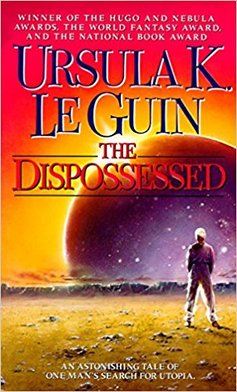
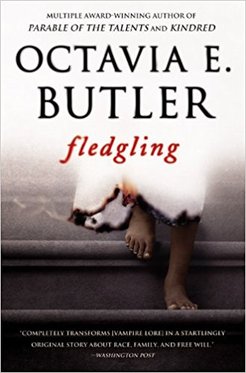
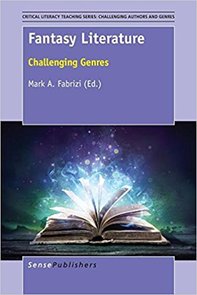
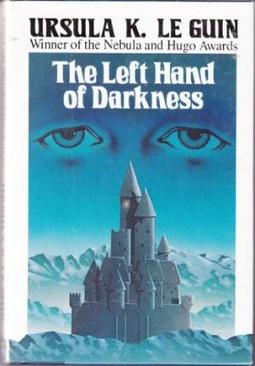
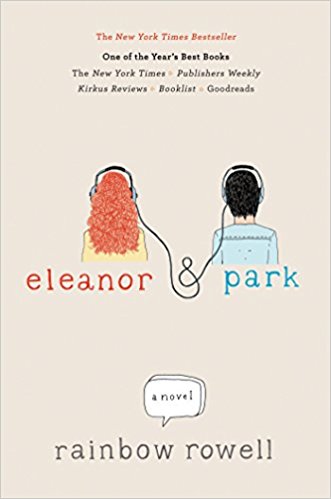
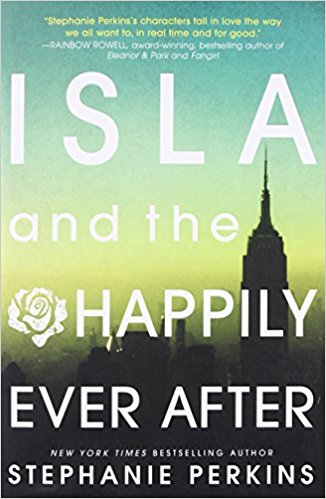
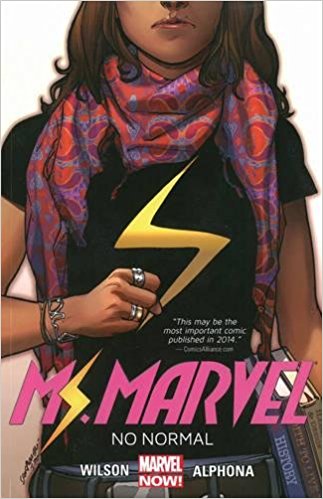

 RSS Feed
RSS Feed